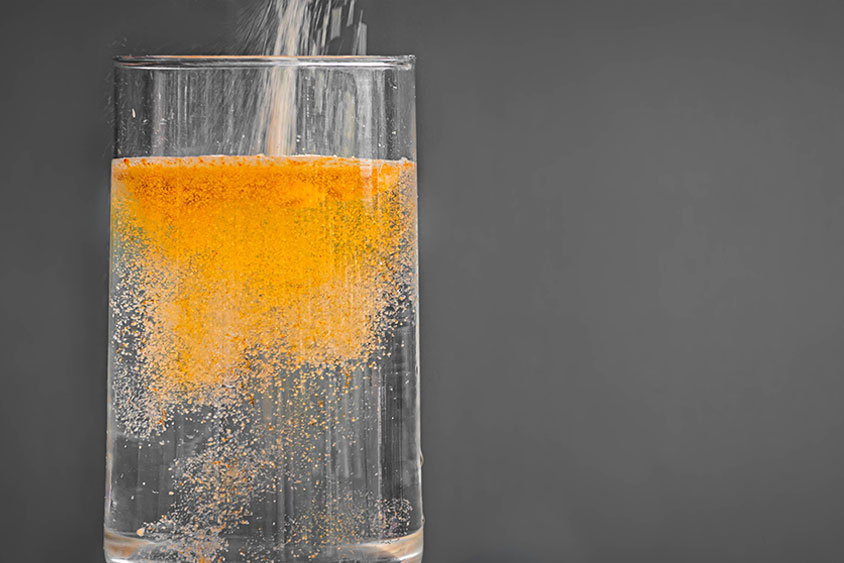
Every athlete and fitness enthusiast knows the exhilaration of a great workout. But did you know that one of the most crucial components for peak performance and recovery is something as simple as staying hydrated? Hydration is vital in maintaining your body's functions, especially during and after exercise. In this article, we'll explore the science behind hydration, the importance of rehydration, tailored strategies for different sports, and much more. By the end, you'll understand why hydration should be a top priority in your fitness routine.
Why Trust Us?
ACTIVE.com's editorial team relies on the knowledge and experience of fitness and wellness experts, including competitive athletes, coaches, physical therapists, nutritionists, and certified trainers. This helps us ensure that the products we feature are of the highest standard. Collectively, the team has spent countless hours researching equipment, gear, and recovery tools to create the most accurate, authentic content for our readers. Customer satisfaction is also a key part of our review process, which is why we only feature highly rated products.
The Science Behind Hydration
Water makes up about 60% of the human body and affects everything from muscle function to brain activity. During exercise, we lose water and essential electrolytes through sweat. This loss can lead to dehydration, which negatively impacts performance and health. When you sweat, your body loses water and electrolytes like sodium and potassium. These electrolytes are crucial for maintaining fluid balance, nerve function, and muscle contractions. Dehydration can lead to muscle cramps, fatigue, and even cognitive impairments. Research has shown that even a 2% loss in body weight due to dehydration can significantly impair athletic performance. Therefore, staying hydrated before, during, and after exercise is essential for optimal performance and overall health.
What Happens When You Sweat
Sweat is more than just water; it's a complex mixture of fluids and electrolytes. The primary components include water, sodium, potassium, chloride, and small amounts of other minerals. Each plays a specific role in your body's functions.
- Water: Essential for maintaining blood volume, regulating body temperature, and transporting nutrients.
- Sodium: Helps maintain fluid balance and is crucial for nerve and muscle function.
- Potassium: Works with sodium to balance fluids and electrolytes in the body and is vital for muscle contractions and nerve signals.
When you lose these components through sweat, your body struggles to perform its usual functions. For example, a loss of sodium can lead to hyponatremia, a condition characterized by nausea, headaches, and even seizures in severe cases. Similarly, a lack of potassium can cause muscle weakness and cramps.
The Importance of Rehydration
Rehydration is restoring lost fluids and electrolytes after exercise. It's crucial for recovery and overall well-being. But how much should you drink, and what should you drink?
- How Much to Drink: A general guideline is to drink 16-24 ounces of fluid for every pound of body weight lost during exercise.
- What to Drink: Water is excellent for short workouts, but for longer or more intense sessions, consider sports drinks, powders, or even make your electrolyte drink.
- When to Drink: Start hydrating within 30 minutes post-workout and continue drinking at regular intervals.
Rehydration drinks, such as sports or electrolyte solutions, can be particularly effective. They contain a balanced mix of water, electrolytes, and carbohydrates, which can help restore lost fluids and energy more efficiently than water alone.
Homemade Electrolyte Drink Mixes
Beginner Electrolyte Mix
Directions: Stir or shake all ingredients together, chill, or serve over ice.Alternative Ingredient: Replace water with Coconut Water or use this as your base to add flavors.
Basic Electrolyte Mix (Lemon Flavor)
Directions: Stir or shake all ingredients together, chill, or serve over iceFlavor Variations: Orange Juice, Lemon & Lime, or Any Fruit Juice.
Alternative Ingredient: Replace water with Coconut Water
Homemade Gatorade (Lemon-Lime Flavor)
Directions: Stir until everything is combined. Makes 2 servingsFlavor Variations: Replace Lemon/Lime with equivalent fruit juice
Alternative Ingredients: Replace water with Coconut Water. Add a pinch of cayenne.
Homemade Salt-based Drink (LMNT Raw Unflavored)
- 1/2 tsp salt
- 1/12 tsp potassium chloride (Note: This is equal to two thirds of a 1/8 teaspoon measurement.)
- 1/8 tsp magnesium malate
Alternatives: LMNT gives recipes for their Citrus Salt, Raspberry Salt, Orange Salt, & Watermelon Salt.
Recommendation: Make a larger batch (recipe below) for roughly 30 servings
- 15 tsp salt
- 2.5 tsp potassium chloride
- 3.75 tsp magnesium malate
Conclusion
Staying hydrated is more than just drinking water; it's about maintaining a balance of fluids and electrolytes essential for your body's functions. Proper hydration can enhance your performance, speed up recovery, and keep you healthy. Prioritize hydration in your fitness routine to achieve your best results.
Hydration is not just about quenching thirst; it's a critical aspect of fitness and health. Ensure you drink adequate fluids before, during, and after your workouts. Share this article with fellow fitness enthusiasts and help spread the importance of staying hydrated.
If you want to optimize your hydration strategy, consider consulting a nutritionist or a sports scientist. They can provide personalized advice based on your specific needs and goals. Remember, a well-hydrated body is the key to peak performance and recovery. Drink up and keep pushing your limits!
Buy Hydration Mix From Amazozn
By clicking on the product links in this article, we may receive a commission fee at no cost to you, the reader. Sponsorships and affiliate commissions help support our research so we can help you find the best products. Read full affiliate disclosure here.
About the Author

Stephen is the editor-in-chief of ACTIVE.com. He has been involved in the fitness industry for over twelve years but has been running or playing sports for most of his life.
Get ACTIVE on the Go


Couch to 5K®
The best way to get new runners off the couch and across the finish line of their first 5K.
Available for iOS | Android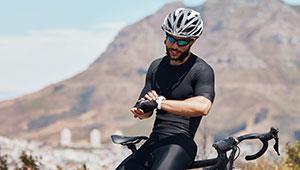

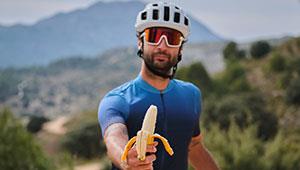
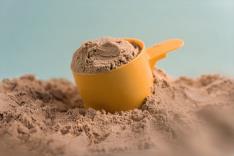


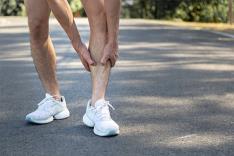
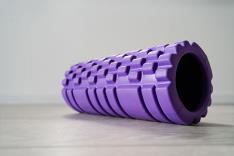
Discuss This Article